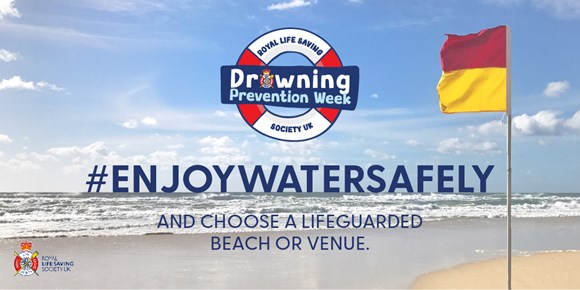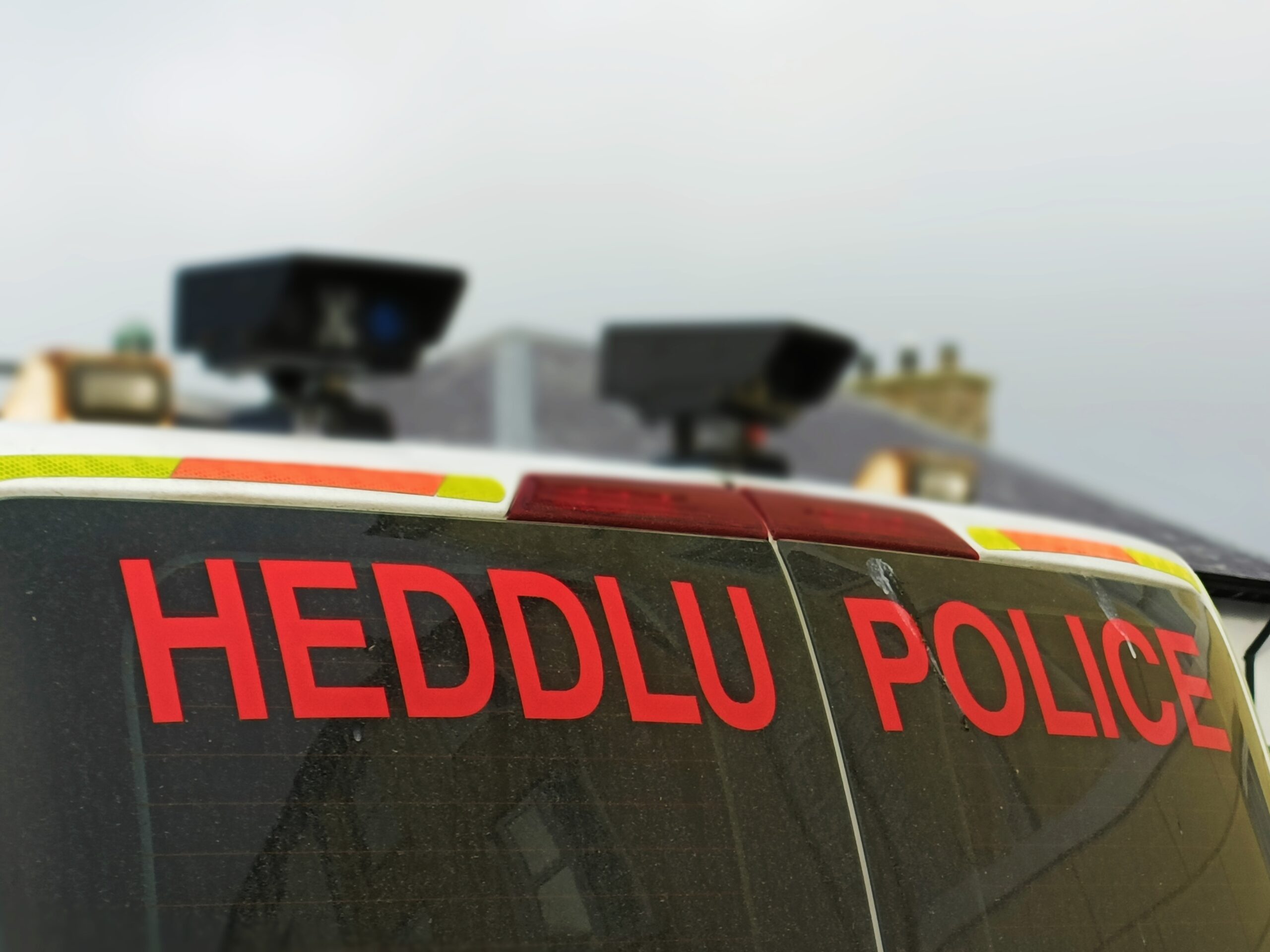We at Mid & West Wales Fire and Rescue Service are supporting Drowning Prevention week by urging people to stay safe when near open water as we enter the summer months. Our aim is to raise awareness of water safety ahead of a summer outdoors.
The risk to the public through accidental drowning increases significantly during the summer – the idea of swimming in a river or lake will be appealing to many people during this current spell of warm weather. Around 85% of accidental drownings occur at open water sites, and many of these drownings occur due to a lack of knowledge and understanding of the hazards posed by open water.
Drowning Prevention Week is critical in raising awareness and encouraging the public to enjoy water safely.
If you accidentally fall in the water, follow these important safety tips:
Take a minute. The initial effects of cold-water pass in less than a minute so don’t try to swim straight away.
Relax and float on your back to catch your breath. Try to get hold of something that will help you float.
Keep calm then call for help or swim for safety if you’re able.
Once you are out of the water re-warm yourself as soon as you can to avoid hypothermia.
Whilst the benefits of open water swimming are well documented, we feel it important to remind potential swimmers of the hazards posed by swimming in open water:
Cold Water Shock – This affects your ability to breathe normally, can cause problems with heart and blood pressure and can also impair your mental ability. Whilst you may think that you’re a strong swimmer, cold water shock can lead to rapid deterioration of your strength.
Lack of safety equipment and increased difficulty for rescue – this is particularly true for those who swim in remote locations.
Strong currents – these can rapidly sweep people away.
Tombstoning – This can be particularly dangerous if you don’t know the depth, temperature or what’s underneath the surface of the water.
Uneven / Undercut riverbanks and riverbeds.
Water quality, for example toxic algal blooms and industrial/agricultural pollution.
If someone falls into the water or gets into trouble whilst swimming, the instinct to jump in and help can be overwhelming, but it can quickly lead to tragedy without the right training or equipment. Stay on land and make the right call, 999.
Deputy Head of Community Safety – Aled Griffith said:
“The next few weeks / months will see a lot more people enjoying themselves in the sea, rivers, and lakes. We have an abundance of natural resources in Wales – many are safe, but some are not so safe. We want the residents of Mid and West Wales and visitors to the region, to make the right choices and avoid getting into difficulty in the first place. Please swim in places where there are lifeguards present and take extra care in the water”
#DrowningPreventionWeek #DPW #EnjoyWaterSafely
Please donate here: Support Carmarthenshire News Online Thank you for supporting independent journalism and contributing to the future of local news in Carmarthenshire. Carmarthenshire News Online has been dedicated to providing unbiased and trustworthy news, free from commercial or political influence. By donating as little as £1, you can help ensure the continuation of this important source of information for the community. Your contribution will have a significant impact on the sustainability of independent journalism. If you're looking to enhance your brand's visibility, we also offer advertising opportunities on our Livestream and podcasts. Our special offers provide excellent value for reaching our engaged audience. To learn more about these opportunities and to discuss your advertising needs, please feel free to call or text us at 07308598604. Thank you again for your support, and together we can ensure the availability of quality local news for Carmarthenshire and beyond.
Please donate here: Support Carmarthenshire News Online






